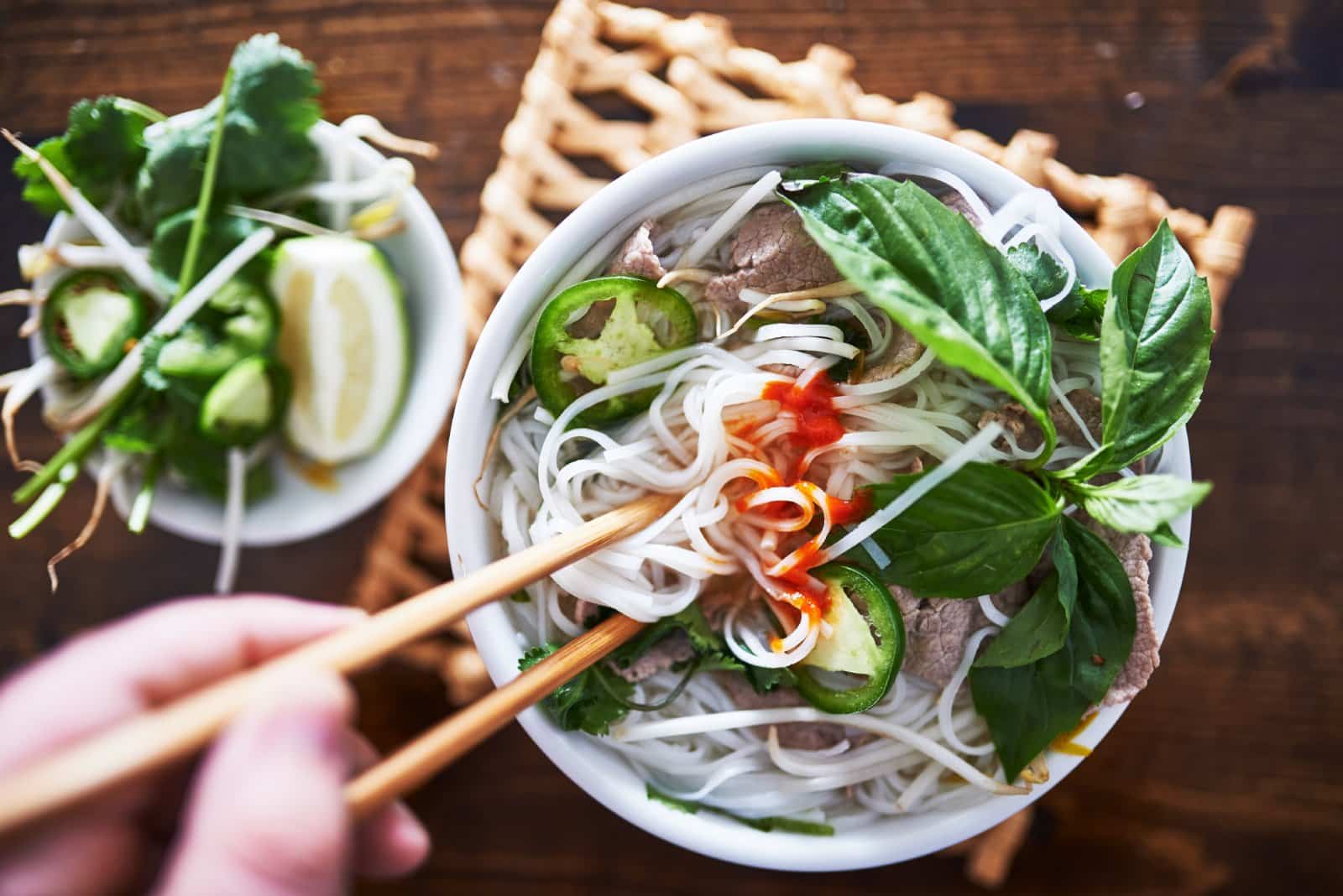Stress-Free Travel: 17 Neuro Spicy-Friendly Tips
Planning a vacation with neurodiverse family members can be challenging, but with the right strategies, you can ensure a smooth and enjoyable trip. Here are 17 travel tips to help you have a stress-free vacation while catering to everyone’s needs.
1. Plan Ahead

Research your destination thoroughly and plan your itinerary in advance. Knowing what to expect can help reduce anxiety and make the trip more manageable for neurodiverse individuals.
2. Choose Neurodiversity-Friendly Destinations

Opt for destinations known for their neurodiversity-friendly accommodations and attractions. Many places offer sensory-friendly events, quiet zones, and staff trained to assist neurodiverse guests.
3. Create a Visual Schedule

Prepare a visual schedule of your trip, including travel times, activities, and meal breaks. This can help neurodiverse individuals understand the plan and feel more secure about the upcoming events.
4. Pack Sensory Tools

Bring along sensory tools such as noise-canceling headphones, fidget toys, and weighted blankets. These items can provide comfort and help manage sensory overload during travel.
5. Book Direct Flights

Whenever possible, book direct flights to minimize travel time and reduce stress. If layovers are unavoidable, ensure there’s enough time between flights to avoid rushing.
6. Request Special Accommodations

Contact airlines, hotels, and attractions in advance to request special accommodations. This can include priority boarding, quiet rooms, and dietary considerations.
7. Choose the Right Lodging

Select accommodations that offer quiet, spacious rooms and access to amenities like kitchens and separate sleeping areas. Vacation rentals can provide a home-like environment that may be more comfortable.
8. Keep a Familiar Routine

Try to maintain a familiar routine as much as possible, including regular meal times and bedtime. Consistency can help neurodiverse individuals feel more secure in an unfamiliar environment.
9. Prepare for Security Checks

Airport security checks can be stressful. Prepare neurodiverse individuals for what to expect, and inform security personnel about any special needs or accommodations required.
10. Plan Downtime

Schedule regular breaks and downtime throughout your trip to prevent sensory overload and fatigue. This can include quiet time at the hotel or leisurely activities.
11. Bring Comfort Items

Pack comfort items such as favorite toys, blankets, or books. Familiar items can provide a sense of security and comfort in new environments.
12. Use GPS and Apps

Utilize GPS and travel apps to navigate your destination. Apps can help you find quiet places, neurodiversity-friendly attractions, and necessary services quickly.
13. Pack Snacks and Meals

Bring along familiar snacks and meals to ensure dietary needs are met and to avoid meltdowns due to hunger. This is particularly important if your destination has limited food options.
14. Educate and Advocate

Educate travel companions and service providers about neurodiversity and advocate for your family’s needs. Clear communication can help ensure a smoother and more accommodating experience.
15. Explore Sensory-Friendly Activities

Look for sensory-friendly activities and attractions at your destination. Many museums, theaters, and parks offer special programs designed for neurodiverse visitors.
16. Practice Travel Scenarios

Before your trip, practice travel scenarios such as boarding a plane or navigating a busy airport. Role-playing can help neurodiverse individuals feel more prepared and less anxious.
17. Stay Flexible

Be prepared to adjust your plans as needed. Flexibility is key to accommodating unexpected challenges and ensuring everyone enjoys the trip.
Ready for a Stress-Free Vacation?

By incorporating these tips into your travel plans, you can create a more comfortable and enjoyable vacation experience for your neurodiverse family. Which tips will you try first to ensure a smooth and stress-free trip?
Not All Tea Is Good for You: List of Teas to Avoid and to Stick To

Not all teas are healthy and some might actually harm your health with poor ingredients. But how can you tell the good from the bad? This guide aims to help you make informed choices without turning you into a tea expert overnight. Not All Tea Is Good for You: List of Teas to Avoid and to Stick To
America’s Spiritual Revolution: Turning Away from Christianity to Embrace Alternatives

As church attendance declines, Americans are exploring diverse spiritual paths, from stargazing druids to unconventional deities like Wi-Fi gods and extraterrestrials. Explore the quirky and sometimes controversial new religions capturing attention as people seek meaning beyond traditional Christianity. America’s Spiritual Revolution: Turning Away from Christianity to Embrace Alternatives
25 Must-Try Global Delicacies

From Bangkok’s bustling streets to Parisian cafes, every corner of the world offers something special for your taste buds. And you don’t have to travel far; even in the USA, you can find a world of flavors. Here are 25 global delicacies every foodie should try, including some local favorites! 25 Must-Try Global Delicacies
Featured Image Credit: Shutterstock / Gorodenkoff.
For transparency, this content was partly developed with AI assistance and carefully curated by an experienced editor to be informative and ensure accuracy.






